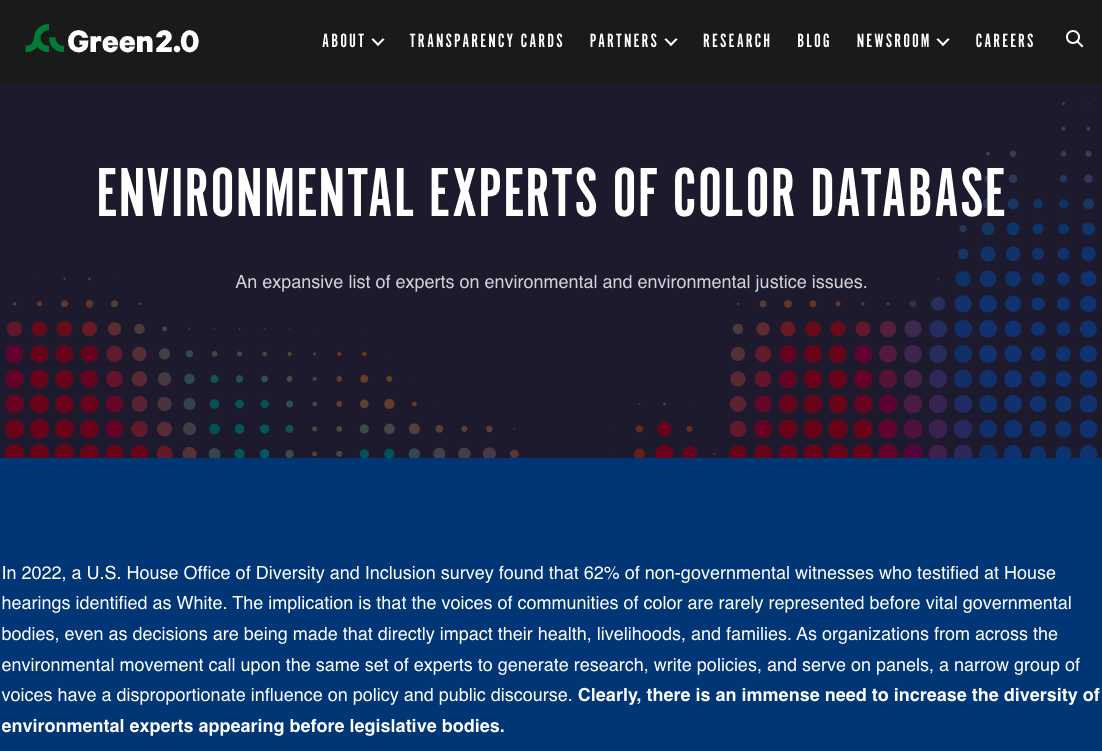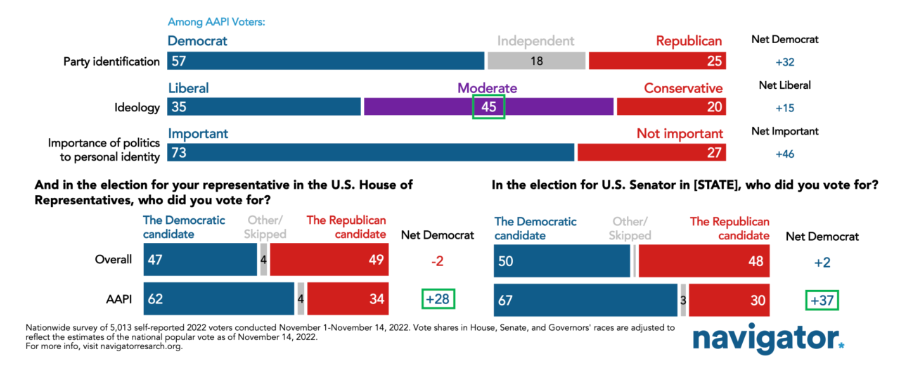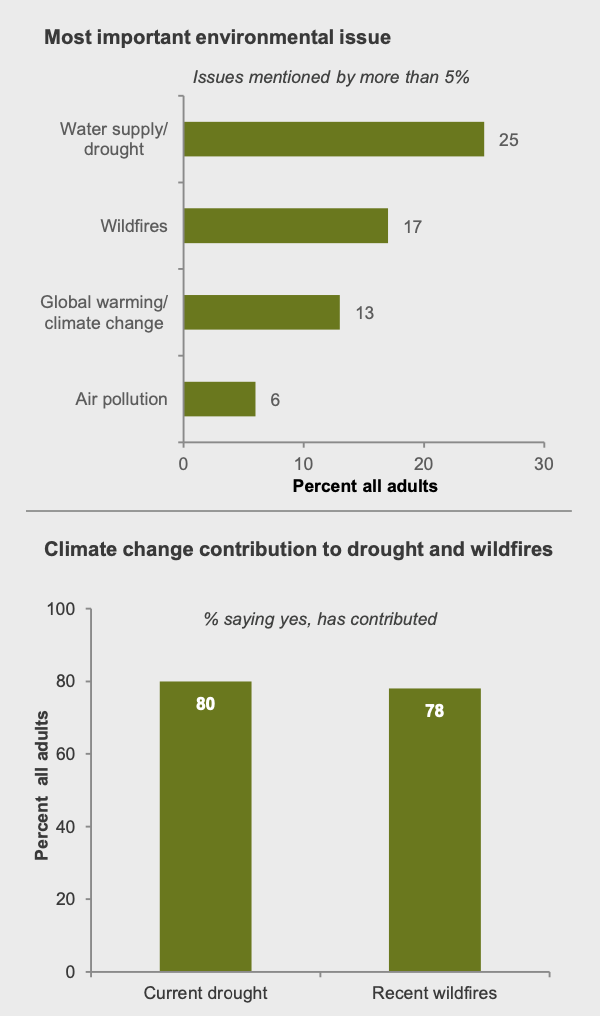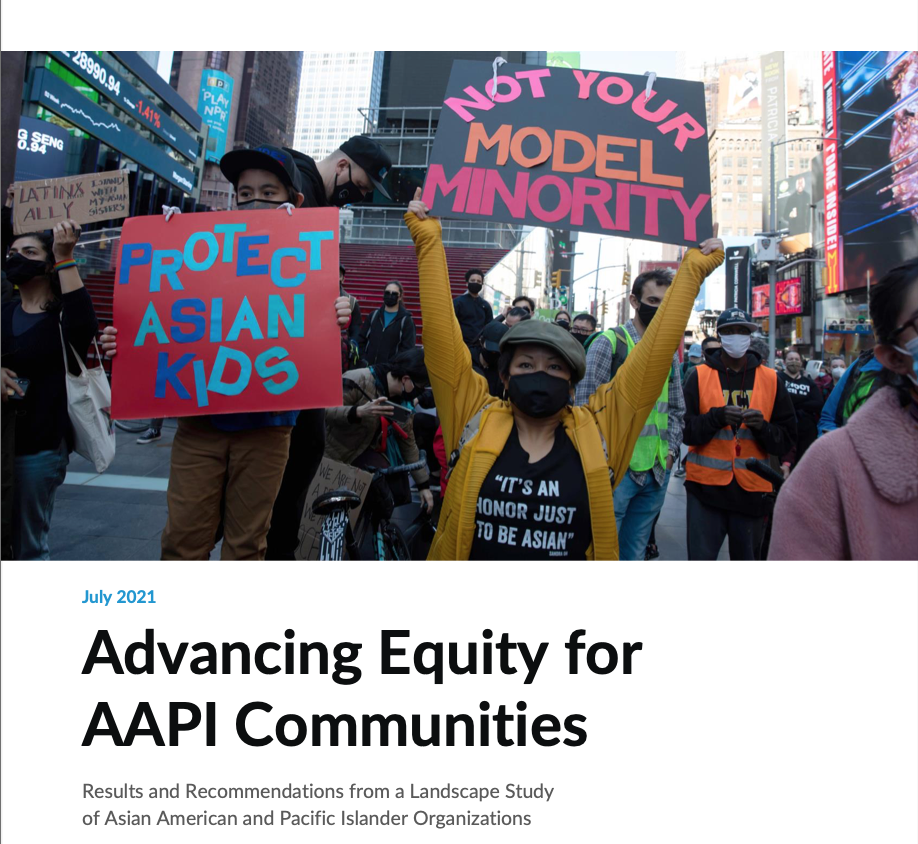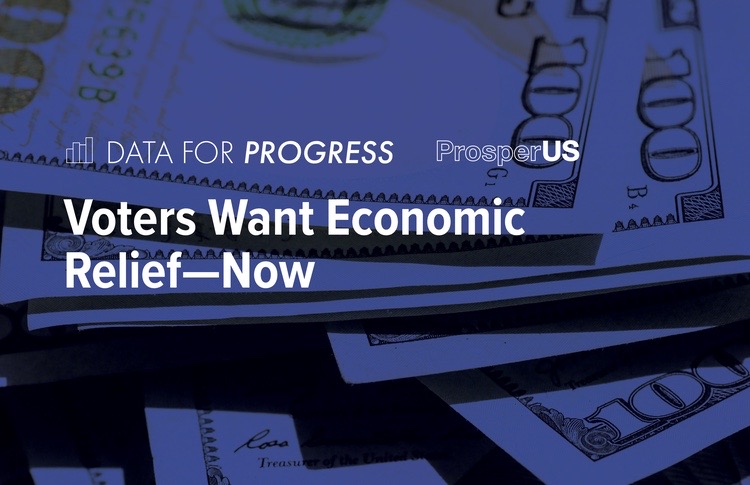Resources
Search below for resources covering the intersection of climate engagement, social science and data analytics.
RESULTS
Asian Americans left out of climate movement
Asian Americans have long been excluded from the national climate movement, activists and scientists told Axios. Asian Americans across the country are working to change that legacy of omission by leading climate organizations, protests and research. Climate justice activist Alexia Leclercq, who is Taiwanese with Indigenous ancestry, tells Axios that growing up in Texas, "upper class, white, mostly men" were always depicted as scientists or environmentalists. Although representation has "somewhat improved," Leclercq says the larger Asian American community is still "not included" in leadership within these spaces.
Environmental Experts of Color Database
There is an immense need to increase the diversity of environmental experts appearing before legislative bodies. To address this challenge, Green 2.0’s Environmental Experts of Color Database offers an expansive set of leaders on environmental and environmental justice topics. Our convening power ensures a wide range of experiences and backgrounds. The leaders represented in this database hold invaluable knowledge and a more representative set of perspectives on vital environmental issues. Anyone who is interested in connecting with experts of color to invite them to participate in hearings, events, research opportunities or other potential projects can use this database.
Environmental Polling Roundup - December 16th, 2022
This post includes climate and environment headlines, data points, and key takeaways from recent public polls - including newly released national survey data from Yale and George Mason on Americans’ attitudes about climate and clean energy, new polling on climate as a factor in the midterm elections for AAPI voters, and new state-level polling in Arizona about climate and clean energy.
Climate change was one of the top reasons why AAPI voters supported Democratic candidates in the midterms. Climate change and the environment is the issue area that AAPI voters were most likely to say was a reason to vote for Democrats in the midterm elections (64% said this, compared to 61% saying “quality health care and prescription drugs”, 60% saying Roe v. Wade, and more).
Environmental Polling Roundup - October 21st, 2022
This post includes climate and environment headlines, data points, and key takeaways from recent public polls - including new polls focusing on voters of color, young people, and Latinos.
Why Intersectional Stories Are Key to Helping the Communities We Serve
Many people communicating for social change are exploring how to tell diverse and inclusive stories that center marginalized communities while building understanding about how inequality persists. Intersectionality is an important tool to help us tell great stories that help us understand systemic issues. Five guiding principles to telling intersectional stories: Show, don’t tell; Provide historical context; Uplift the voices of marginalized people; Tell whole stories; and, Radically reimagine the world.
Poll: Water Supply and Drought are Now Californians’ Top Environmental Concern
- Californians are most likely to say that the state’s top environmental issue today is water supply and drought. 63% say that the supply of water is a big problem in their region. 40% say they have done a lot to reduce water use in response to the drought.
- 55% say the threat of wildfires is a big problem in their part of the state. An overwhelming majority (78%) say climate change has contributed to the state’s recent wildfires. Most Californians have at least some confidence in the government’s readiness to respond to the wildfires.
- 35% of Californians say air pollution is a big problem in their part of the state. 57% say air pollution is a more serious threat in lower- income areas.
Advancing Equity for AAPI Communities
This landscape study of Asian American and Pacific Islander (AAPI) organizations provides a deeper understanding of the priorities of a broad cross-section of stakeholders, identifies current knowledge gaps, and puts forth a series of recommendations including:
- Support efforts aimed at advancing policies that matter to AAPI communities.
- Invest in the power of multi-racial coalitions by strengthening collaboration and coordination between AAPI organizations and other historically marginalized groups.
- Address the need for increased funding support for AAPI organizations and more equitable flows to those at the grassroots and local levels.
Implementing the Portland Clean Energy Fund: Challenges and Opportunities
In 2018, the Portland Clean Energy Fund (PCEF) campaign secured a landslide ballot measure victory in Portland, establishing a multi-million dollar municipal fund that addresses climate, economic, and racial justice by providing funding for renewable energy projects, job training and apprenticeship programs, and regenerative agriculture. Last year, we got to look “under the hood” with PCEF Steering Committee members to cover the history of the campaign, what PCEF does, and how the community-led coalition was able to win at the ballot box.
In a follow-up webinar, we came back together to share new developments on the victory and cover topics including:
- How has PCEF been implemented, and how is it helping the community build political power?
- What lessons have been learned since winning the legislation, and what challenges and insights does that bring?
- What would it take to replicate this winning model in your own context and municipality?
Voters Want Economic Relief--Now
Recognize the public appetite for more economic help from the federal government. This April 2021 survey reveals that a majority of likely voters want Congress to pass another economic relief bill, in addition to the $1.9 trillion bill approved in March. Support runs across party lines, with people under 45 and voters of color most heavily in favor. Support holds true no matter the price tag, aside from self-identified Republicans being evenly divided over the notion of a $10 trillion bill.
Pagination
- Page 1
- Next page

